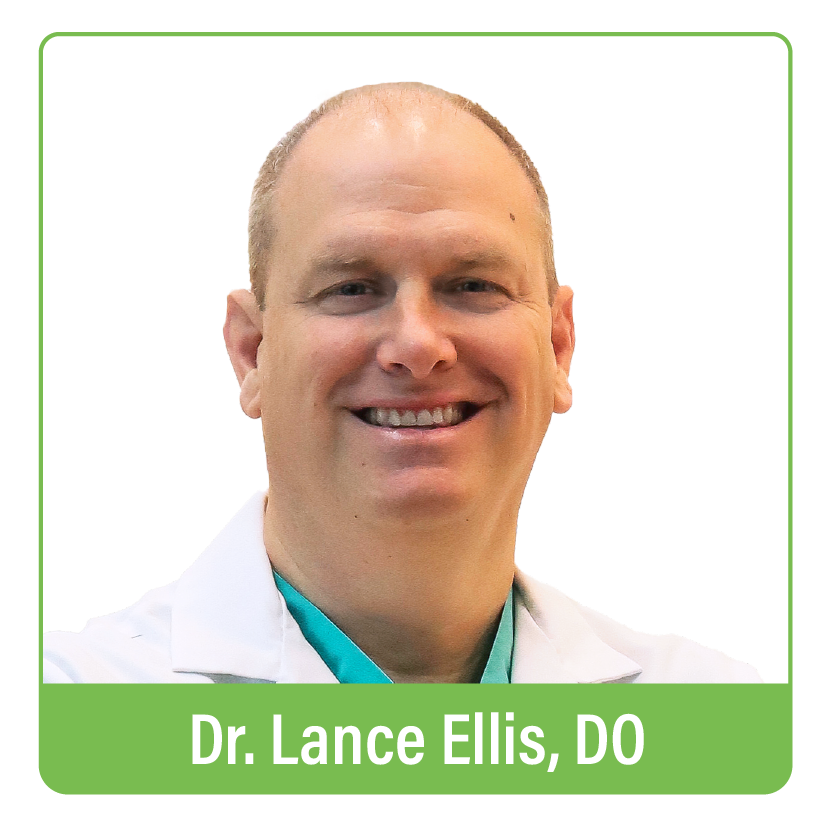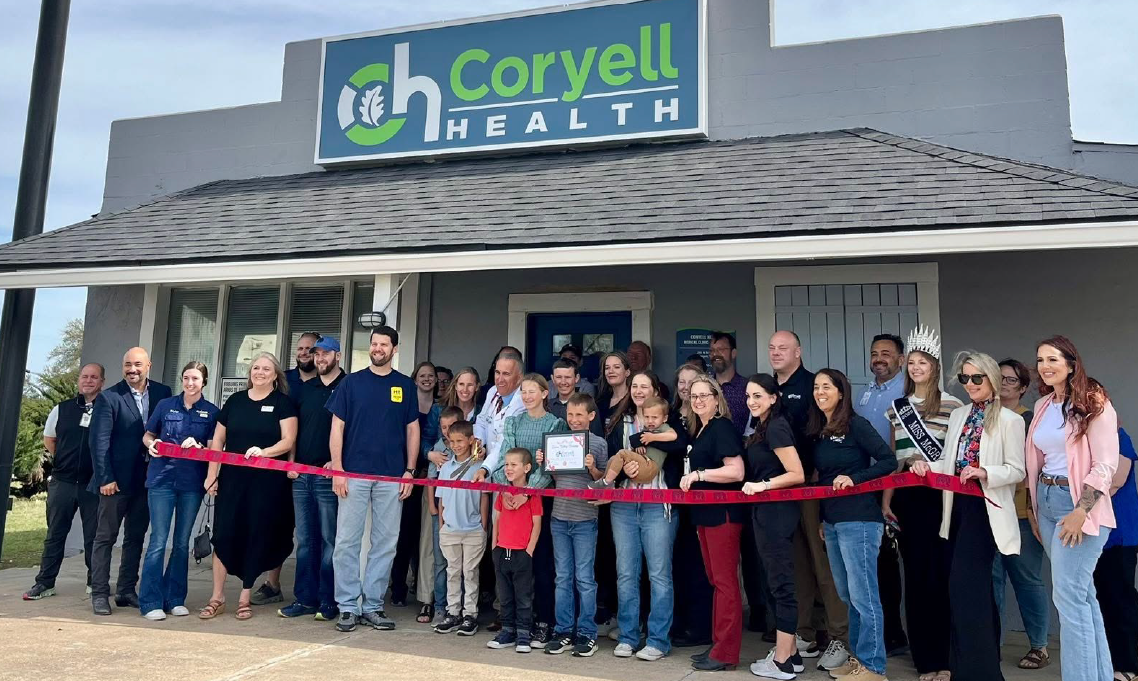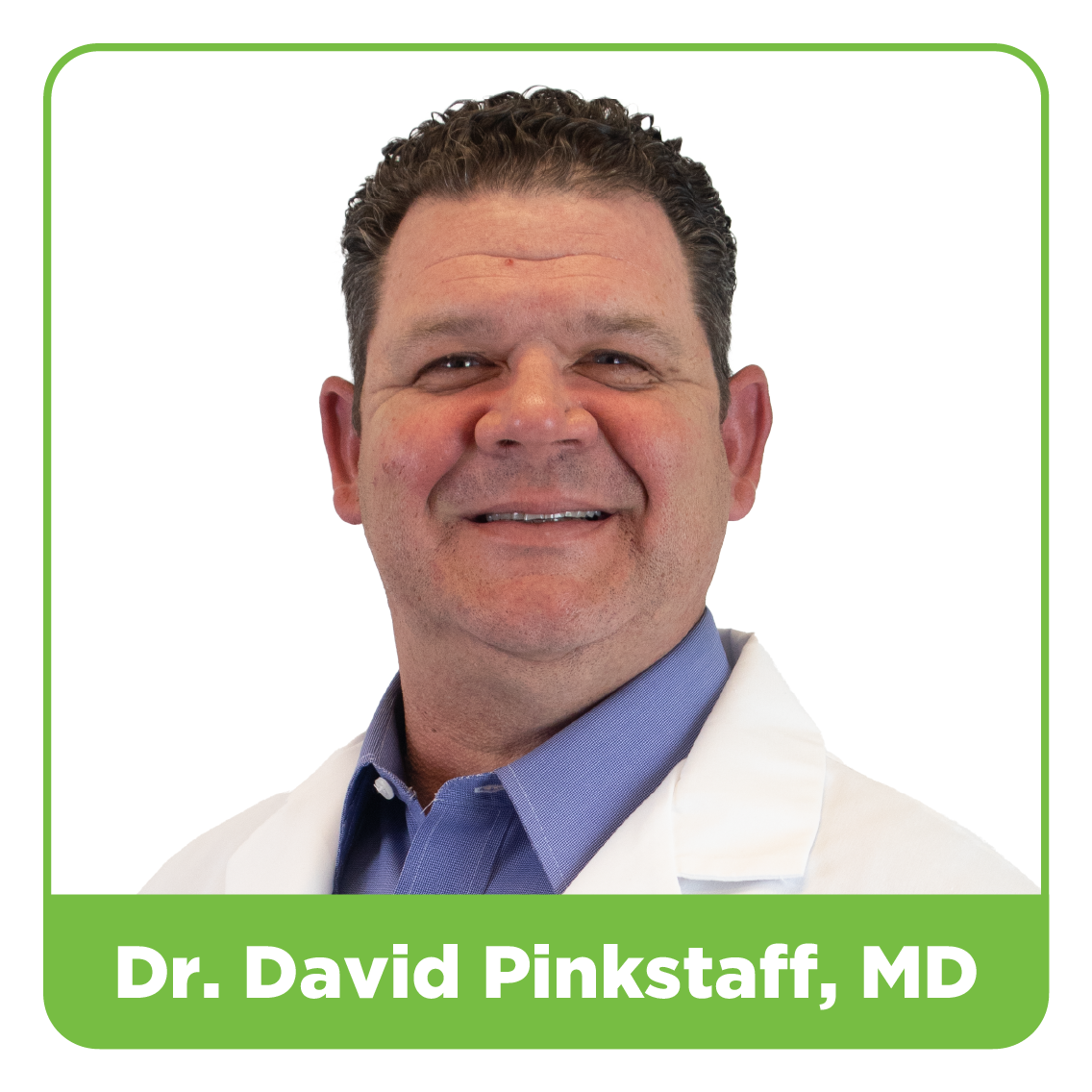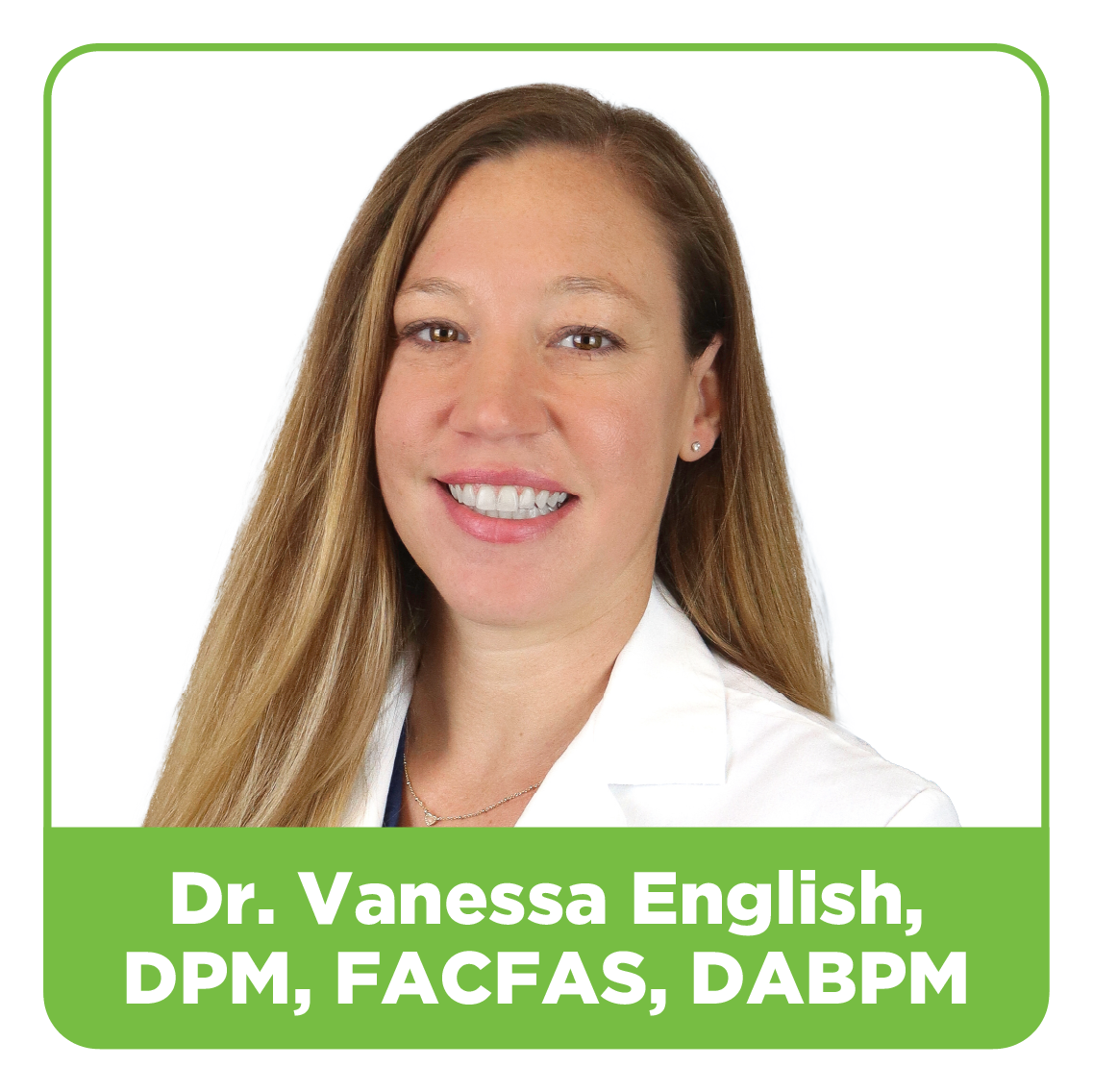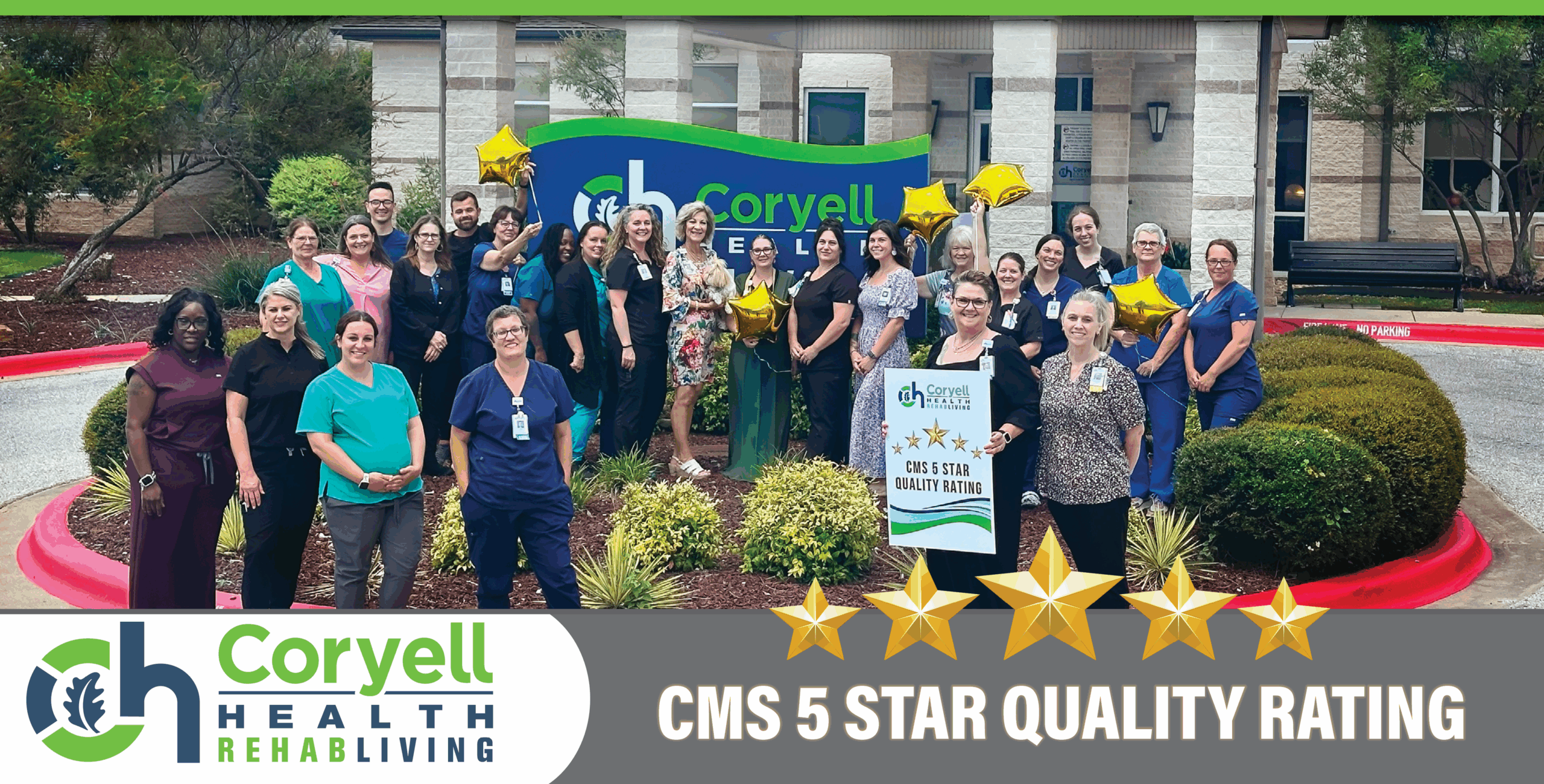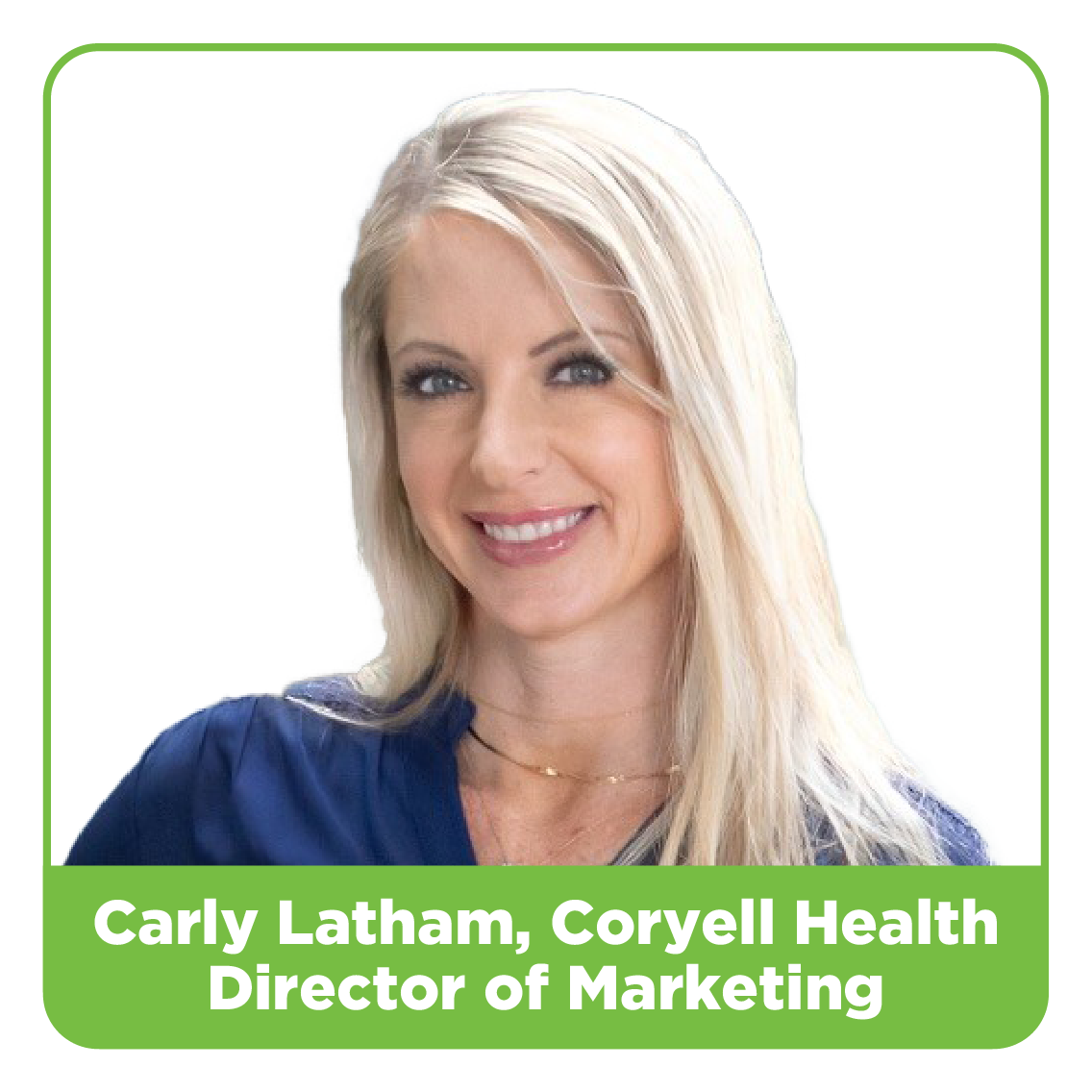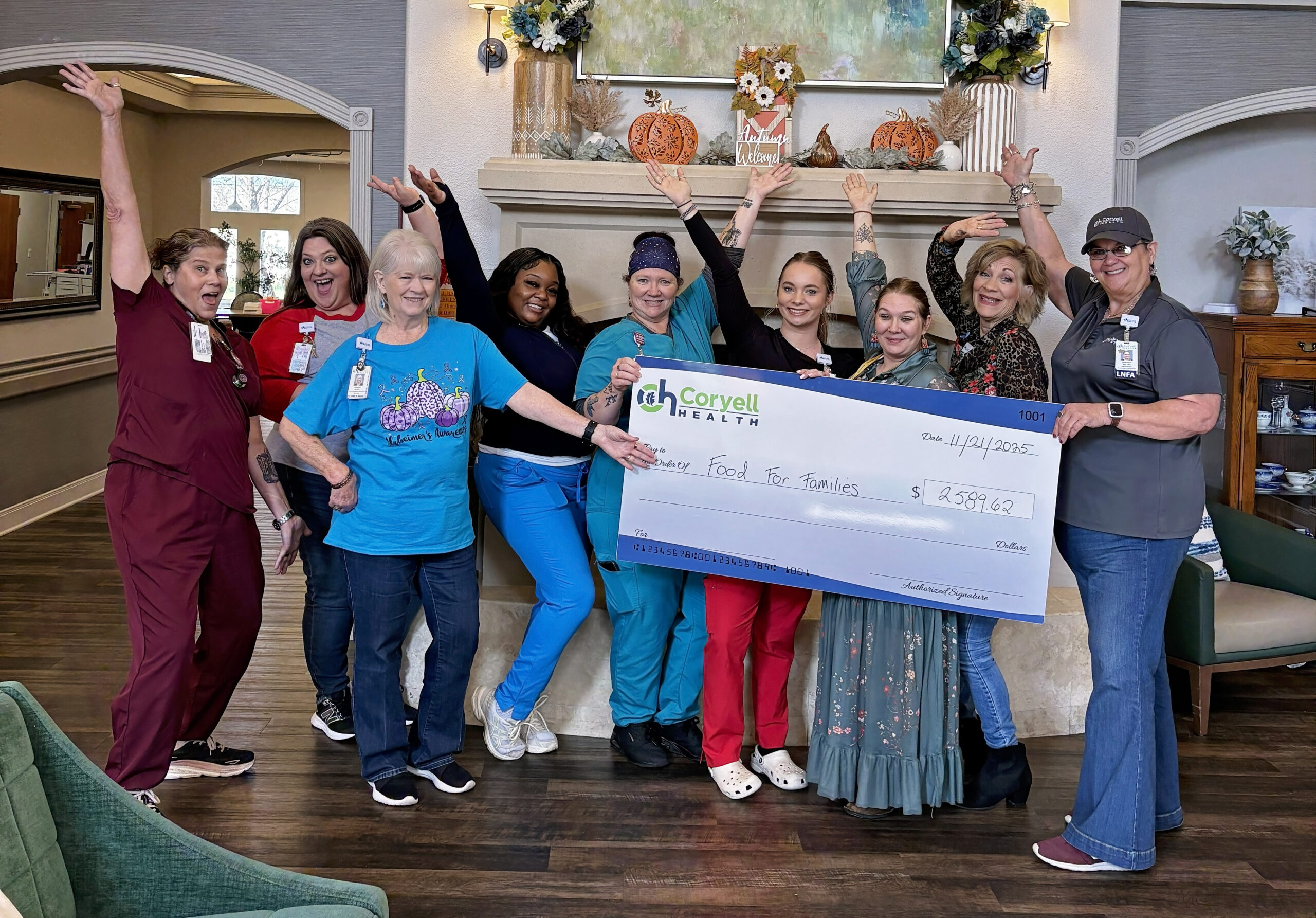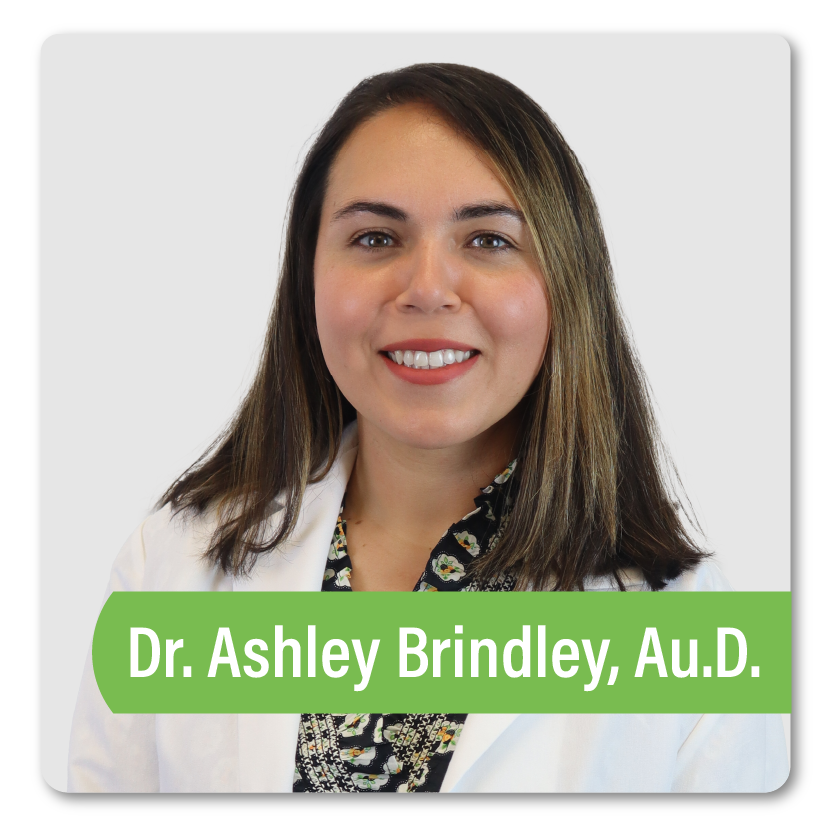How to Reduce Your Joint Pain
It’s not just your imagination—winter weather really can increase your joint pain. Cold temperatures and seasonal changes can significantly impact how your joints feel, especially if you already experience arthritis or chronic pain.
The good news? A few lifestyle changes can help ease your joint pain in winter and allow you to move comfortably during these colder months. Here are five ways to help soothe your aching joints in winter.
Tip #1: Increase Your Vitamin D Intake
“Winter means less sunlight and less vitamin D,” says Coryell Health pain management specialist Dr. Austin Horrocks. “A lack of vitamin D has been shown to increase sensitivity to arthritic pain.”
Our bodies also require vitamin D for the absorption of calcium, which is essential for maintaining bone strength and density. Joints exist wherever two bones meet, and weakened bones can put more stress on your joints.
To increase your vitamin D intake and ease pressure on your joints, talk to your Coryell Health primary care physician about whether you need a vitamin D supplement and try incorporating more vitamin D-rich foods and beverages into your diet, including:
- Fatty fish like salmon, tuna, mackerel or sardines
- Mushrooms
- Egg yolks
- Cow’s milk
- Soy, almond or oat milk
- Orange juice
- Yogurt
Tip #2: Keep Moving
“When it’s miserable outside, we get out and exercise less,” says Coryell Health orthopedic surgeon Dr. Lance Ellis. “When your body isn’t as active, it can lead to increased muscle weakness and inflammation, which can then lead to increased joint pain. It’s basically a case of ‘use it or lose it.’ The less you move, the stiffer your body will become. Joint lubrication also decreases with age and arthritis, and movement stimulates joint fluid production, which helps decrease joint stiffness. It’s okay to stick with small exercises—you don’t want to strain yourself. Every bit helps. You just have to keep moving.”
According to the Mayo Clinic Health System, even brief workouts of 5 or 15 minutes throughout the day can have a positive impact on your joint pain. A few low-impact indoor activities that can help you stay active and stay warm include:
- Stretching
- Cycling on an exercise bike
- Using the elliptical
- Swimming in a heated pool
- Pilates
- Yoga
Tip #3: Bundle Up
Wearing the right clothes when you go out into the elements can make all the difference for your joint pain. Ensure that your hands, knees and hips are well-insulated, as these are common areas prone to joint pain in winter.
“It sounds obvious, but wearing layers is essential to easing your winter joint pain,” Dr. Lance Ellis says. “Your first priority is to keep your torso warm. You also lose about 7-10% of your body heat through your head, so wearing a hat always helps. Don’t be afraid of looking silly. We may be in Texas, but we still need to bundle up in the winter.”
Tip #4: Eat Anti-Inflammatory Foods
Joint pain often flares up in the winter due to colder temperatures and frequent fluctuations in barometric pressure. This weather, unfortunately, creates a perfect recipe for increased inflammation.
“Lower barometric pressure associated with clouds, rain or snow can cause the tissue around your joints to expand,” Dr. Austin Horrocks says. “This inflammation is what puts extra pressure on the nerves inside your joints and causes aching joints in winter.”
To help combat inflammation, try eating foods rich in antioxidants, fiber and/or omega-3 fatty acids, including:
- Beans
- Legumes
- Fruits
- Vegetables
- Green tea
- Black coffee
- Healthy sources of fat like nuts, seeds, oily fish and avocados
- Intact whole grains like brown rice and oats
If your joint pain continues despite lifestyle changes, lasts longer than expected or interferes with your daily activities, Dr. Horrocks and the Coryell Health pain management team can create a personalized treatment plan to keep you moving comfortably year-round. Call (254) 865-2166 to see how pain management from Coryell Health can change your life for the better.
Tip #5: Use Heat Therapy
“Applying heat to your body causes your blood vessels to expand and increase blood flow,” says Coryell Health physical therapist Dr. Jacob Brindle. “This allows more oxygen and nutrients to reach your affected joints and help relieve your pain.”
By improving circulation, heat therapy can help ease joint stiffness, loosen tight muscles and support movement during the winter months.
“For a makeshift heating pad, put a wet washcloth in a freezer bag and warm it in the microwave for a minute,” Dr. Jacob Brindle says. “It doesn’t have to be fancy. Hold it on your affected joints for 20-30 minutes, and it can work wonders for your joint pain.”
You can also incorporate heat therapy into your daily routine through:
- Taking warm showers in the morning
- Soaking in a hot bath for 15-20 minutes
- Swimming in a heated pool for 30 minutes
If you’re looking for additional relief, Coryell Health’s Waco clinic offers red light therapy as part of its physical therapy offerings. Red light therapy is a non-invasive treatment designed to help reduce inflammation and increase blood flow to affected tissues. Call (254) 248-6401 to learn more about red light therapy or schedule an appointment with Dr. Brindle and the Waco clinic physical therapy team today.
Joint pain tends to flare up in winter, but with the right habits and support, relief is possible. If your joint pain persists or worsens, Coryell Health’s pain management, physical therapy, and orthopedics and sports medicine teams are here to help you find lasting relief and improve your quality of life.
Not sure which of these areas of medicine is right for you? Talk to your Coryell Health primary care physician or call (254) 865-2166 to see which category of care best fits your needs.
Meet the Doctors
Dr. Jacob Brindle is a physical therapist who is competency-certified in vestibular therapy, with over 15 years of experience treating patients. Dr. Brindle earned his Doctor of Physical Therapy from the Texas Tech University Health Sciences Center in Lubbock. After 10 years in private practice, Dr. Brindle decided to join Coryell Health so he could be part of a larger team and serve more people in his community. Dr. Brindle specializes in treating neurological and vestibular (balance) conditions through physical therapy. When he’s not helping patients, Dr. Brindle enjoys gardening, going to the beach and going skiing with his wife and three children.
Dr. Lance Ellis is a board certified orthopedic surgeon with over 20 years of experience in the medical field. A native Texan, Dr. Ellis earned his bachelor’s degree from Baylor University and his Doctor of Osteopathic Medicine from the Kansas City University College of Osteopathic Medicine. He then completed his residency training and served as chief resident at Mercy Health — St. Vincent Medical Center in Toledo, Ohio. His specialties include joint reconstruction, orthopedic spine surgery, minimally invasive treatments for bone and joint pain, hip replacement and robot-assisted total knee replacement surgery.
Dr. Austin Horrocks is a board certified pain management specialist who earned his bachelor’s degree from Brigham Young University and his Doctor of Osteopathic Medicine from the Arizona College of Osteopathic Medicine at Midwestern University. He then completed his residency training in anesthesiology at the University of Texas Health Science Center in San Antonio. With extensive experience treating sports injuries, arthritis, joint pain, compression fractures and more, one of his favorite parts about specializing in pain management is seeing his patients enjoy their favorite activities again. When he’s not helping patients, Dr. Horrocks enjoys spending time with his wife and three children.
Resources


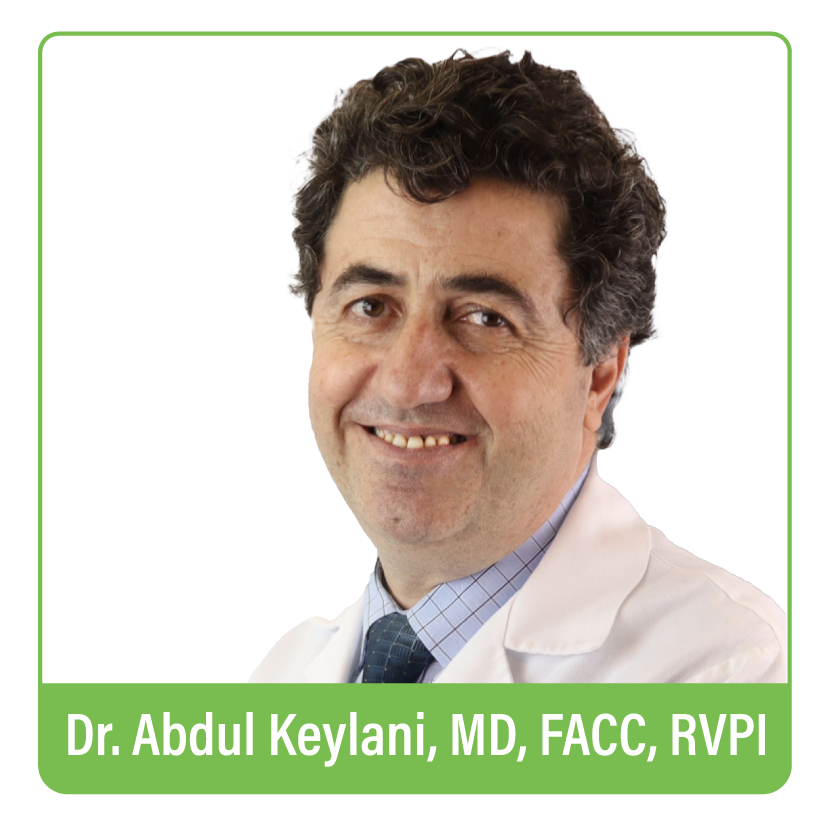
 Skip to content
Skip to content



